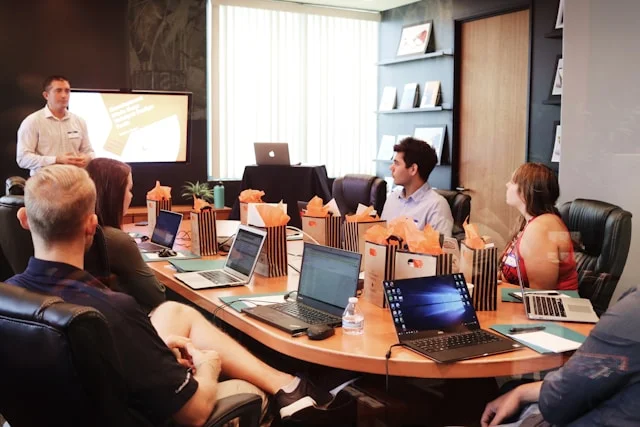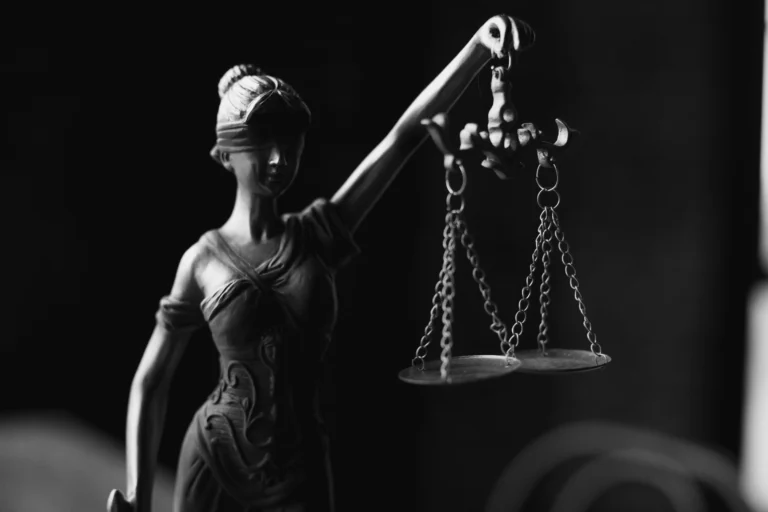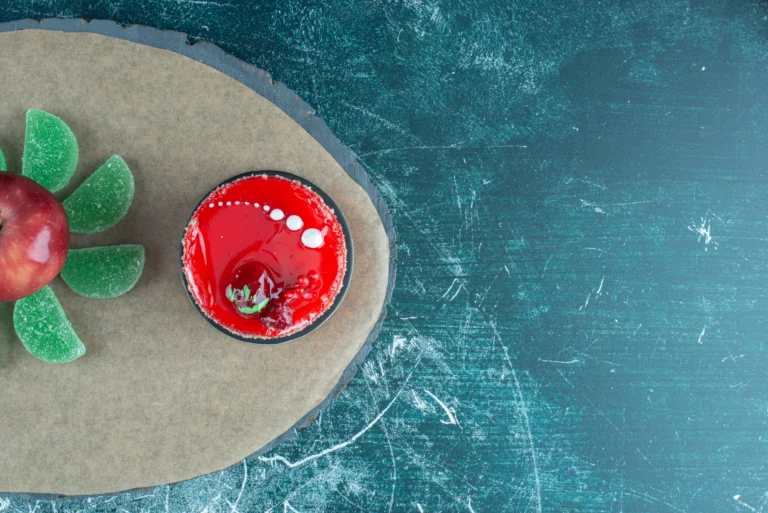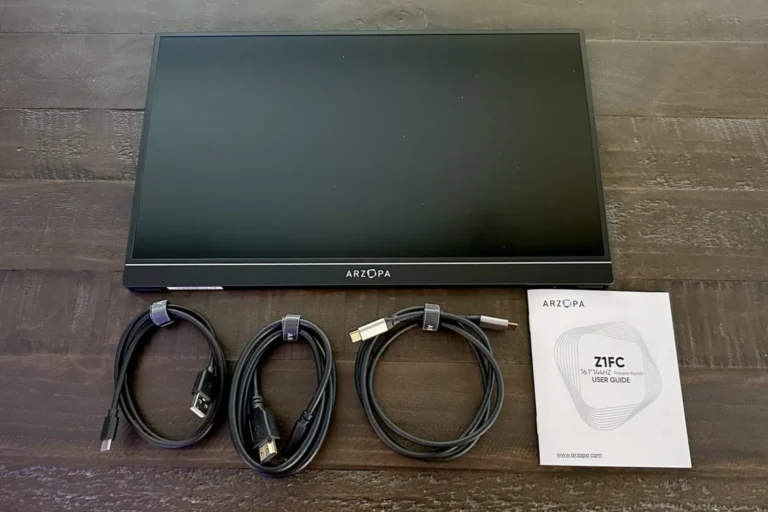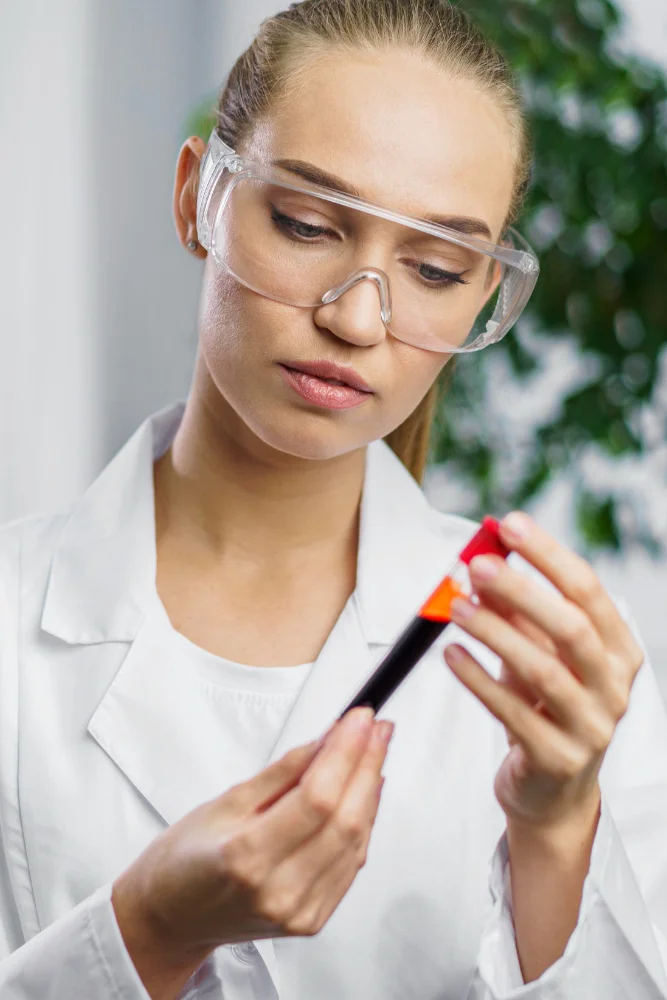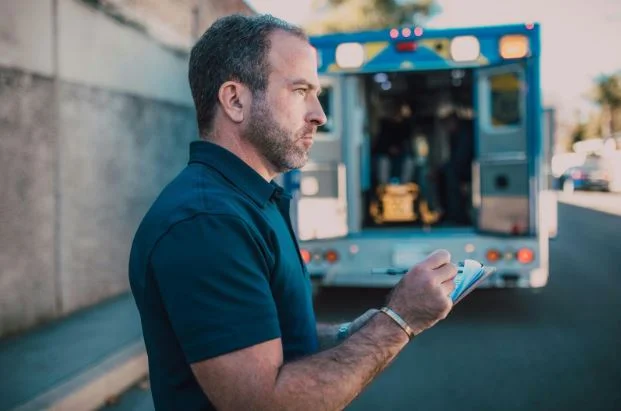
When you’re involved in a car accident, one of the most critical factors in determining the outcome of your case is the quality of the evidence and witness testimonies. Whether you are pursuing a personal injury claim or need to prove liability in court, gathering the right evidence and having credible witnesses can be the difference between winning and losing your case. If you’re uncertain about how to proceed with your claim, contact a Richmond car accident lawyer who can help you gather evidence, assess the situation, and guide you through the legal process.
In the aftermath of an accident, securing evidence and witness statements is essential. This evidence not only supports your version of events but also provides the foundation for proving fault and damages. Here, we will discuss the crucial role of witnesses and evidence in strengthening your car accident case and provide insights into how you can maximize your chances of a successful claim.
Why Evidence and Witnesses Matter
Car accidents often involve differing accounts of what happened, making it essential to gather tangible proof to back up your version of events. Both physical evidence and witness testimony serve to clarify the circumstances surrounding the incident. This is particularly important in cases where liability is disputed or when there are multiple parties involved.
Witnesses, especially those who were not directly involved in the accident, can provide an unbiased account of the crash. Meanwhile, physical evidence such as photos, police reports, and medical records can further substantiate your claims. Working with an accident lawyer will ensure that all critical evidence is preserved, properly assessed, and effectively used to your advantage.
Types of Evidence That Strengthen Your Case
1. Photographic and Video Evidence
Photographs and videos are among the most powerful types of evidence in a car accident case. These images can provide a clear visual record of the accident scene, the damage to the vehicles, the position of the cars, and even weather conditions.
- Crash Scene Photos: After an accident, it’s essential to capture images of the crash site. This includes the location of the vehicles, skid marks, traffic signs, and any debris from the accident. A picture can help show how the accident occurred and offer proof of road conditions, such as wet or icy surfaces.
- Vehicle Damage: Take pictures of the damages to all vehicles involved, including close-up shots of impact areas. This evidence can help determine the point of impact and establish who may have been at fault.
- Dashcam and Surveillance Footage: If the accident took place in a busy area or near a traffic light, there may be surveillance cameras or dashcams that recorded the event. If footage is available, it can serve as a reliable account of the incident, clearing up any uncertainties about how the accident unfolded.
2. Police Reports
A police report is a critical piece of evidence in any car accident case. When law enforcement arrives at the scene, they document their observations, which typically include:
- The statements of the drivers and witnesses
- Traffic violations or citations issued
- A description of the crash scene
- The officers’ conclusion about how the accident occurred
While the police report is not legally binding, it can play a significant role in the claims process. An unbiased account from law enforcement can lend credibility to your case, particularly if you are pursuing a claim against another party. Your Richmond car accident lawyer will help you obtain and review the police report for any errors or inconsistencies that may be crucial for your case.
3. Medical Records and Bills
Injuries sustained in a car accident can range from minor cuts and bruises to severe, life-altering conditions. Your medical records will help demonstrate the severity of your injuries and how they relate to the accident. Medical evidence can also provide a timeline of treatment, showing the physical and financial toll the accident has taken on you.
- Emergency Room Records: If you sought immediate medical attention after the accident, these records can help establish that the injuries were caused by the crash.
- Long-Term Treatment: In cases of more severe injuries, ongoing medical treatment records such as physical therapy sessions, surgeries, or rehabilitation can show the long-term impact of the accident.
Additionally, medical bills can help demonstrate the economic losses you’ve suffered as a result of the accident. This evidence is crucial in calculating damages for both medical expenses and pain and suffering.
4. Eyewitness Testimony
Eyewitnesses can be some of the most valuable assets in a car accident case. These individuals may have seen the crash unfold from a different perspective, providing an impartial account of the incident. Eyewitness testimony can corroborate or challenge the statements made by the drivers involved in the accident.
When gathering witness testimony, ensure that the witnesses are reliable and objective. Your Richmond car accident lawyer can help you locate witnesses who were at the scene and encourage them to provide written statements or testify in court if necessary. If there were no direct witnesses to the accident, passengers in the vehicles involved may also provide valuable testimony.
5. Expert Testimony
In some cases, expert testimony may be necessary to strengthen your case. Experts, such as accident reconstructionists, medical professionals, or mechanical engineers, can provide insight into the cause of the accident and the extent of the injuries.
- Accident Reconstruction: An expert can analyze the crash scene, vehicle damage, and other physical evidence to determine how the accident happened. This can be particularly useful in cases where fault is disputed or if the circumstances of the accident are complex.
- Medical Experts: In cases involving serious or long-term injuries, a medical expert can testify about the nature of your injuries, the long-term prognosis, and how they impact your ability to work or perform daily activities.
6. Insurance Documents
Insurance documents, including your policy and any communications with the insurance companies, play a vital role in car accident claims. Your Richmond car accident lawyer will work with you to ensure that all necessary insurance information is collected and reviewed. This includes:
- The at-fault driver’s insurance policy
- Your own insurance coverage (such as personal injury protection or uninsured motorist coverage)
- Any insurance settlements or offers made
Reviewing the insurance policies and documents ensures that you are aware of the full extent of coverage available to you, as well as the steps necessary to file a claim.
How Witnesses and Evidence Affect Your Case Outcome
The strength of the evidence and witnesses in your case can significantly influence the outcome of your car accident claim. In many cases, clear, compelling evidence can lead to a swift resolution. In contrast, a lack of evidence or contradictory witness testimony can result in a prolonged legal battle. By ensuring that you have comprehensive documentation and reliable witnesses, you increase the likelihood of receiving the compensation you deserve.
Additionally, in cases where the fault is disputed, strong evidence and witness testimony can make a difference in court. Your Richmond car accident lawyer will present this information most effectively, making sure that the judge or insurance adjuster sees the full picture of the accident.
Conclusion
Witnesses and evidence are crucial in strengthening your car accident case. Whether you’re dealing with a simple claim or a complex legal battle, having reliable evidence and testimony can significantly impact the outcome of your case. From photographs and medical records to expert testimony and police reports, every piece of evidence serves a purpose in proving fault and damages.
If you’re unsure about how to collect or present this evidence, working with an experienced Richmond car accident lawyer can ensure that your case is handled efficiently and effectively. Your lawyer will help you gather and organize the necessary evidence, communicate with witnesses, and advocate for you throughout the legal process. With the right support, you can maximize your chances of obtaining a fair and just settlement for your injuries and losses.

